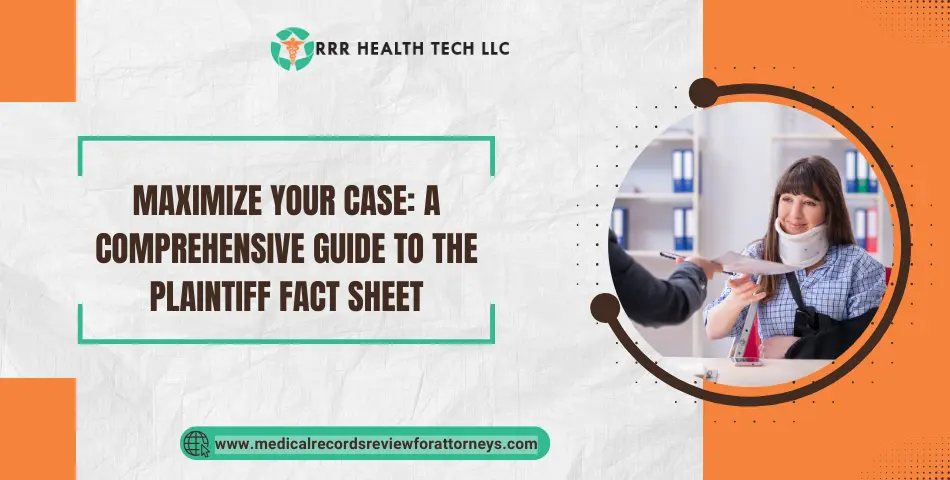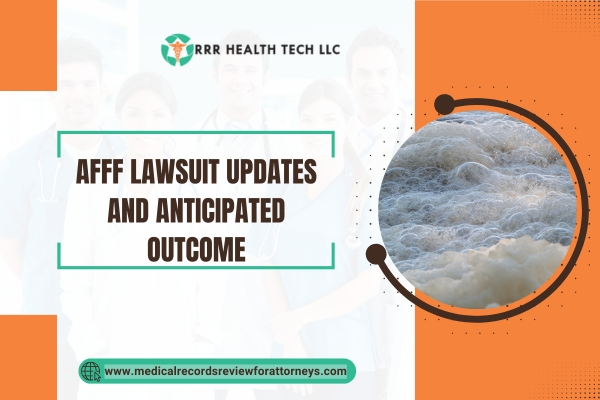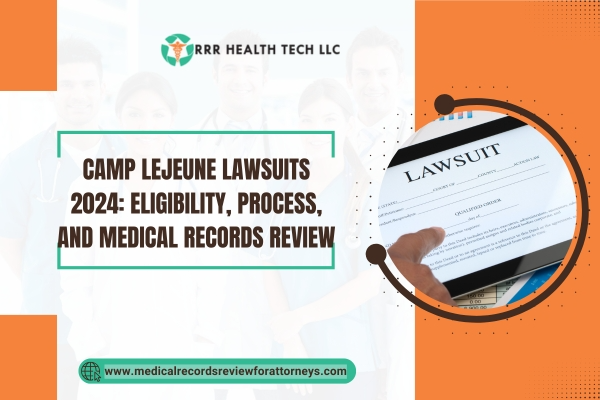
A Plaintiff Fact Sheet (PFS) is critical in mass tort cases during the written discovery phase. PFSs serve as an excellent foundation for lawyers to systematically compile names, pertinent medical records, and comprehensive details of injuries and damages, thereby establishing liability and damages. Accuracy and completeness in the PFS can greatly impact case management, including decision-making related to negotiations or settlements. This guide will analyze the value of a PFS and how lawyers can prepare in advance for efficient, streamlined discovery and better results in the case.
Understanding the Plaintiff Fact Sheet (PFS)
A Plaintiff Fact Sheet is a standardized form aimed at gathering all relevant elements of a plaintiff’s claim in mass tort multidistrict litigation. Its main components are:
- Personal data: Full name, address, phone number, occupation, and names of parents or spouse.
- Healthcare: Record of illnesses, treatments, and names of caretakers.
- Product or exposure info: Causal product, drug, or hazardous substance.
- Injury and damage: Explanation of the physical damage, financial costs, and economic effects.
Completing the PFS accurately is crucial to achieving compliance with specific legal and administrative schedules, including meeting court filing deadlines.
The Process of Completing a Plaintiff Fact Sheet (PFS)
Completing a PFS requires an organized approach if critical details are not to be missed:
- Assembling Documentation: Gather the medical records, insurance claims as well and employment records to corroborate the claims.
- Attention to Detail: Ensure that every detail in the history and treatments undertaken is accurate and presents a fact-oriented approach.
- Legal Compliance Analysis: Balance any legal requirements against the filed responses, as any discrepancies could result in delays in resolving the case.
Benefits of a Well-Prepared Plaintiff Fact Sheet
- With the PFS prepared, the discovery will be much faster while also building the plaintiff’s case by:
- Creation of an orderly discovery process that increases the chances of beneficial settlement negotiations.
- Accomplishment and timely meetings of court deadlines.
- Assist the litigation support teams in effective data management.
- Augmented efficiency powered by AI in the handling and review of the case.
- There is a decreased chance of case dismissal due to insufficient or incorrect information being provided.
Streamlining Discovery with PFSs
For legal teams, an organized PFS helps streamline discovery by:
- Allow easy access for all legal staff for the review of any recorded activity for the case.
- Enhance the management of the case with the provision of organized information that is easily accessible.
- Facilitate the settlement discussions by offering the undisputed information about the verified plaintiff’s details.
- Assists with enabling accurate evaluation of damages through a review of medical records and medical claim files.
Supporting Documentation for Plaintiff Fact Sheets
Supporting documentation plays a vital role in verifying the details provided in a PFS. These documents include:
- Medical records – To explain the interplay of the injury and the cause of the case.
- Employment records – To provide evidence of the financial losses or damages suffered.
- Insurance claims – To support the claim of out of pocket expenses incurred as a result of the injury.
- Product use history – To provide evidence of exposure to a defective product or a substance.
Technological Advancements in Plaintiff Fact Sheet (PFS) Management
With advancements in AI-power efficiency, attorneys can leverage technology for:
Attorneys have traditionally struggled with infusing technology into workflows, but with the progression of AI-powered effectiveness regarding automated data harvesting, managing, storing, and ensuring compliance information allows for easier tracking of deadlines, case progress, and data error assurance on PFS responses.
Outsourcing Plaintiff Fact Sheet (PFS) Preparation: Pros and Cons
Privatizing the PFS preparation to a specialized litigation support team is a positive shift but must be approached with caution due to the challenges that come with it.
Pros:
- Easy access to great expertise in the managing of medical records.
- Decreased work overload on the attorneys enables them to focus on the litigation strategy.
- Better Assurance processes to achieve compliance with regulations and court-imposed deadlines.
- Speedier processes because of Artificial Intelligence powered self-efficacy.
Cons:
- Expenditure is associated with the purchase of services from outside the organization.
- There can be issues around privacy and security.
- The possibility of unreliable service providers necessitates meticulous selection.
Conclusion
Effective mass tort litigation is built off a robust plaintiff fact sheet. Legal practitioners will appreciate how efficient they can be in case strategy using advanced medical record review, comprehensive discovery, and data management using artificial intelligence. Regardless of whether it is done in-house or outsourced, PFS completion and accuracy are essential to comprehensive resolution negotiations and case management within settlements.
Do you need assistance from a PFS compiler and medical record analyst? Students, invite expert help now and simplify the legal process while meeting all regulations!


